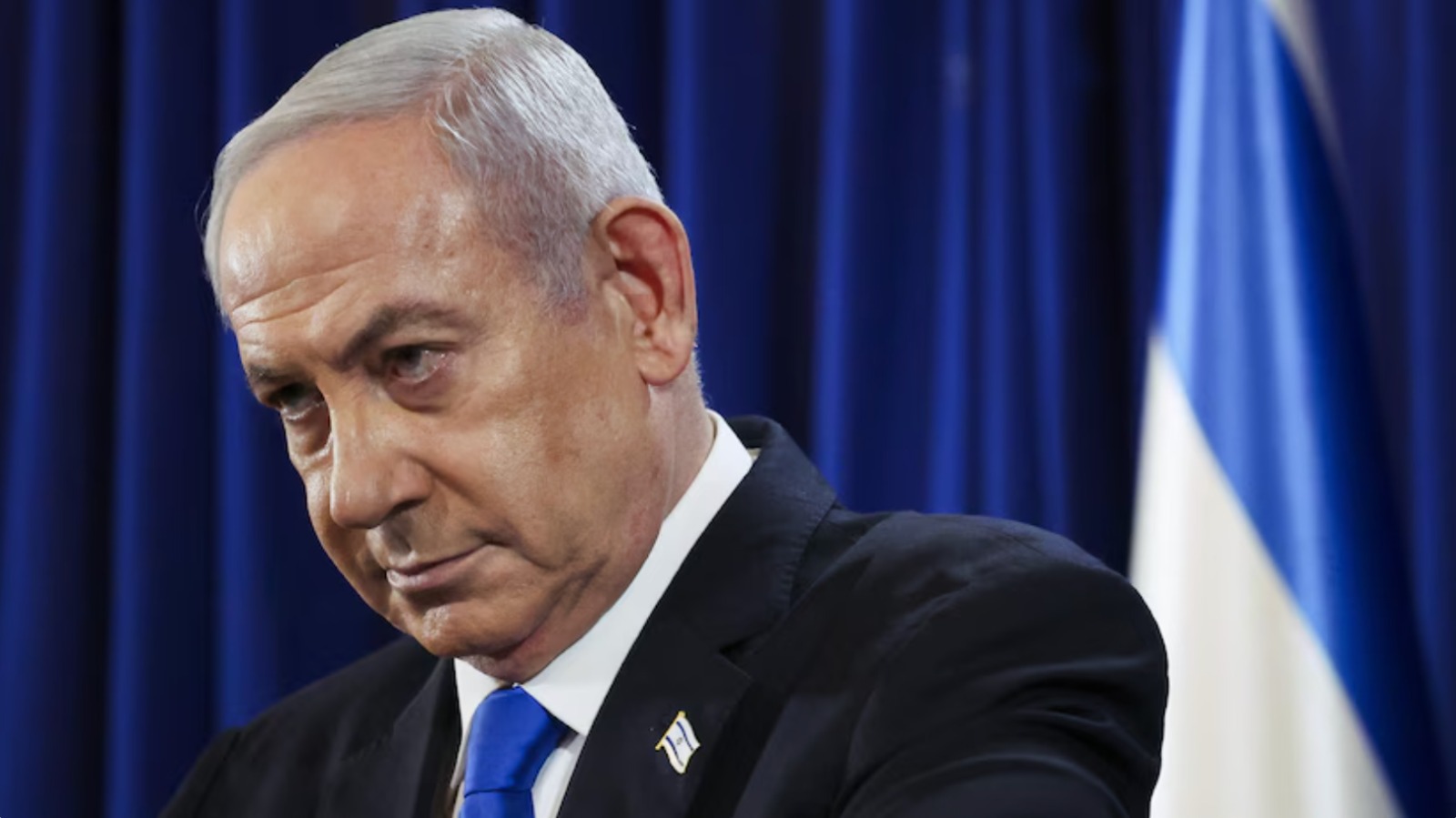
THE OCTOPUS AND ITS TENTACLES: A Fight to the Finish?

1967 was a seminal moment in the Middle East – Israel’s spectacular military triumph then, put an end to the challenge of rising Arab Nationalism, giving Israel not only far greater wriggle room in the tumultuous politics of the region, but also an aura of invincibility. Such an aura has for long enabled Israel to punch far above its strategic weight.
The Hamas assault of October 2023 dented that image grievously; the subsequent rocket, drone and missile assaults by the Hezbollah, Houthis and Iran, from the less populated areas to the targeting of Israel’s cutting-edge Unit 8200 in the heart of Tel Aviv (a progressive closing in of the ring of fire, so to speak), led to the state of Israel appear shockingly vulnerable. What we are witnessing now therefore, is Netanyahu’s resolve to put an end to the challenge mounted by Islamic fundamentalism – post 1979 Iran and its partners, in whose shared vision of the Middle East, Israel has no right to exist.
This is an obvious high-stakes gamble, albeit also one with humongous consequences for Israel and the region. Buoyed by the recent successes in targeted assassinations, Netanyahu seems intent on embarking on a regime threatening strike package to restore Israel’s visage of invincibility (a la 1967), while concurrently sending a signal to the Arabs and other stakeholders in the region – American power may be fickle and distant, but Israeli power is strong and resident. Netanyahu also seems to have internalised a key lesson – there is little point in grappling with the tentacles, unless you address the head of the octopus itself.
With Netanyahu on steroids, the Israel-Iran conflict may be entering an existential phase. The Regime threatening strike plan is extraordinarily ambitious – it aims to dismantle the entire patron-proxy strategic eco-system. From degrading Hamas (repeating the hellscape of Gaza in Beirut), to clearing the Radwan Force in South Lebanon, keeping the Houthis at bay, eliminating the elaborate weapon/ammunition arsenals, dumps and supply chains in Syria, clearing flight paths for prospective aerial strikes by eliminating air defence systems along the way, suppression of Iranian air defences, assassination of the Iranian political leadership, striking military bases, oil and economic infrastructure all the way to nuclear sites, the range of tasks and the strategic-military ask are indeed huge.
In so far as Iran’s nuclear programme is concerned, the Biden administration has created a suitable incentive structure: by not enforcing the declared sanctions vigorously and in return for the economic breather, it has elicited a promise from Iran to stay away from exercising the nuclear option. Iran, it needs to be underlined, is a mere two weeks away from weaponizing fissile material and about a year thereafter, from operationalising the nuclear deterrent. Israel does not possess the military wherewithal to destroy Iran’s nuclear sites autonomously; the only way to destroy the nuclear sites in Natanz (deep underground) & Fordow (mountain dugout) is through the launch of a Massive Ordnance Penetrator (MOP) from a B-2 bomber through a joint Israeli-US attack, which appears to be an unlikely proposition. The ongoing escalatory spiral, however, may well induce Iran to abandon the incentive structure and make a nuclear sprint. A nuclear Iran in turn, will put to an end any hope of restoring Israeli primacy/invincibility in the region forever.
By way of a response to an attack on its oil/economic installations, Iran has articulated a quasi-nuclear retaliation. It has stated explicitly that if its oil installations are targeted, it reserves the right to strike other oil facilities in the region. That will not only cause havoc in global oil flows but also push the global economy towards a dangerous, downward spiral.
The associated political implications are as grim. Netanyahu must succeed – if he does, he will perhaps go down perhaps as one of the greatest Israeli Prime Ministers ever; should the retaliatory strikes fail, the lurking bribery charges may well catch up with him. Khamenei too is faced with similar perils: should the regime threatening strike package succeed, especially in terms of targeted assassinations of leading Iranian leaders, the dam of brewing domestic dissent could burst.
The larger geopolitics in the region could also be re-ordering itself. Netanyahu for all his belligerence, has thus far, tiptoed clear of Russia & China. Arms sales however are often a good way to spot geopolitical trends – Egypt having been denied American F-16s is reportedly turning towards China & Russia for its weapon needs. Over the last few days, Putin has refused to take calls from Netanyahu even as it has asked Russian nationals to exit from Israel, Lebanon and Syria post haste. Russia has also intercepted Israeli missiles targeting Lebanon and taken significant steps to boost Iran’s air defence posture, all amidst talk of an Iran-Russia defence pact in the offing. Given trends in other theatres, a Russia-Iran-China axis in the Middle East, could also be coalescing.
Are we going to see the decimation of the octopus and its tentacles, possibly regime change in Iran, or could this be the beginning of a strategic entanglement, even a quagmire for Israel, especially in South Lebanon? Will it be a 1967 moment or a repeat of 2006 whence similar expectations of the ‘birth pangs of a new Middle East’ turned out to be a messy abortion? The coming weeks will tell.
May I end with a prayer to those at the helm of crafting the contours of Indian statecraft. While we are fortunate to be in the midst of a very fortunate peace dividend, we may also be in a pre-war era. We may like to draw on obvious lessons from the Middle East/Ukraine and strengthen our drone-air-missile defence complex by an order of magnitude – with thought of course, but also with speed.
Disclaimer
The opinions expressed in this article are the author’s own and do not reflect the views of Chanakya Forum. All information provided in this article including timeliness, completeness, accuracy, suitability or validity of information referenced therein, is the sole responsibility of the author. www.chanakyaforum.com does not assume any responsibility for the same.
Chanakya Forum is now on . Click here to join our channel (@ChanakyaForum) and stay updated with the latest headlines and articles.
Important
We work round the clock to bring you the finest articles and updates from around the world. There is a team that works tirelessly to ensure that you have a seamless reading experience. But all this costs money. Please support us so that we keep doing what we do best. Happy Reading
Support Us





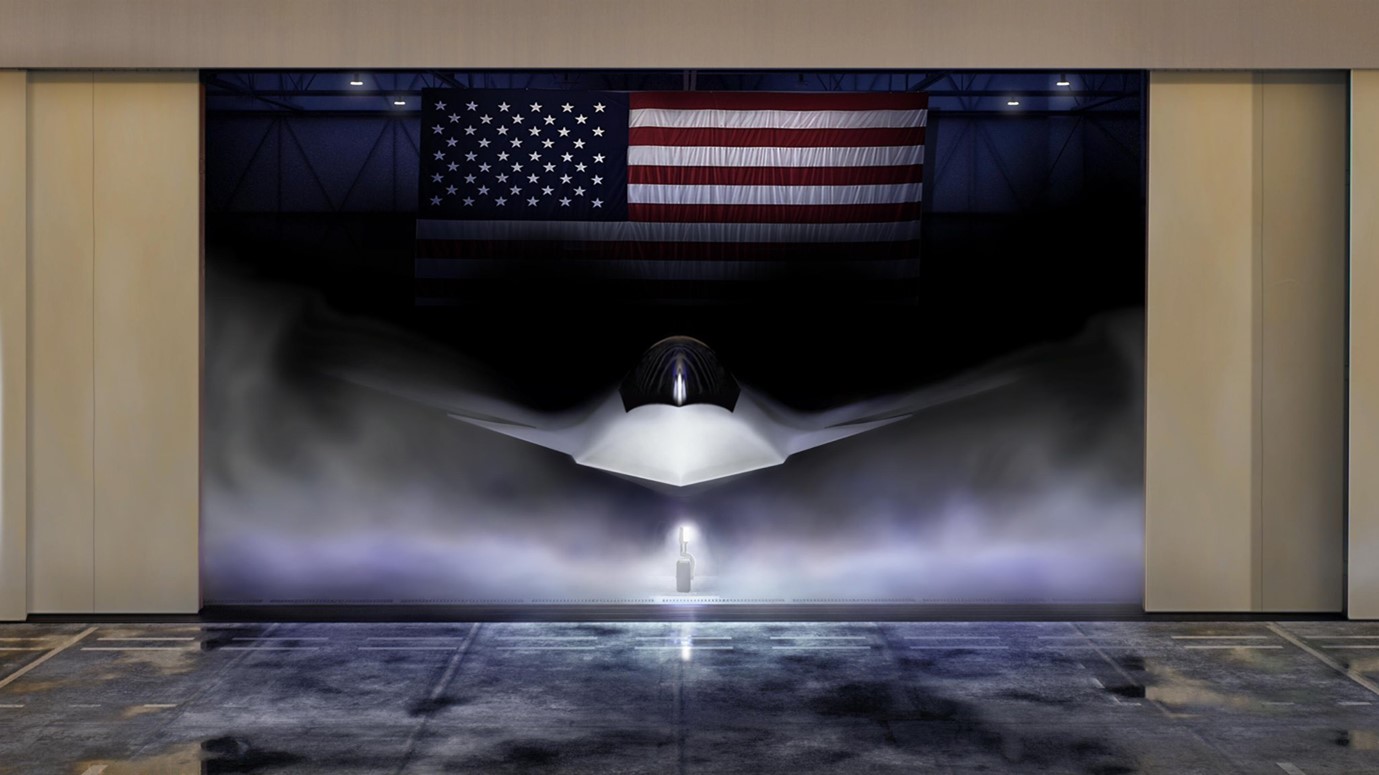
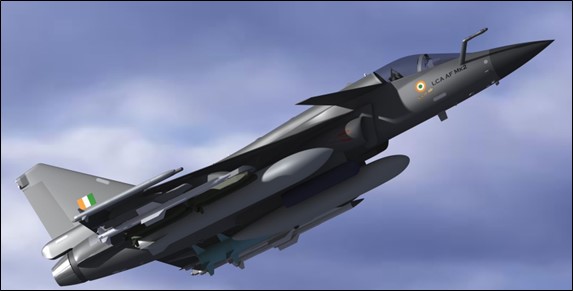
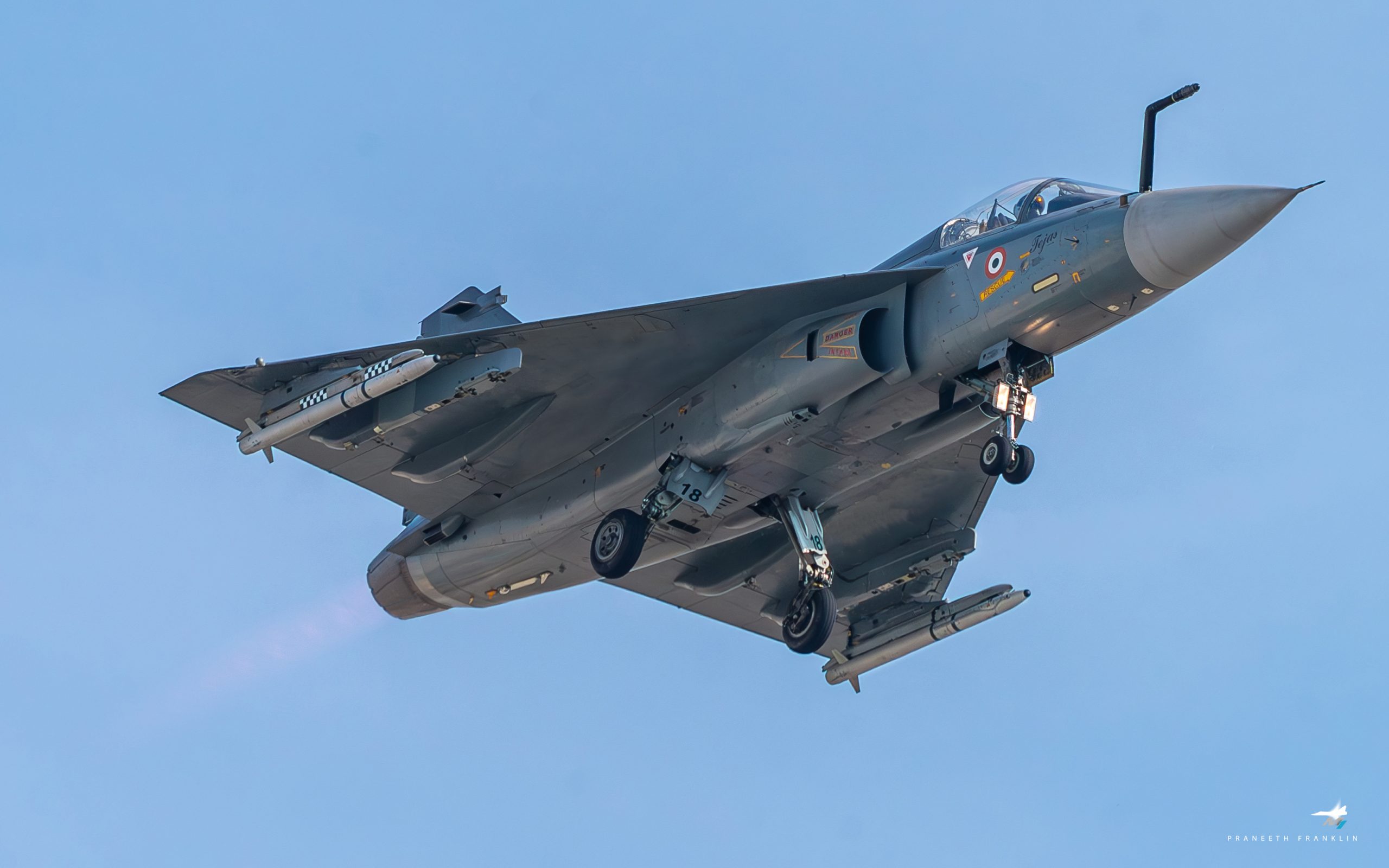
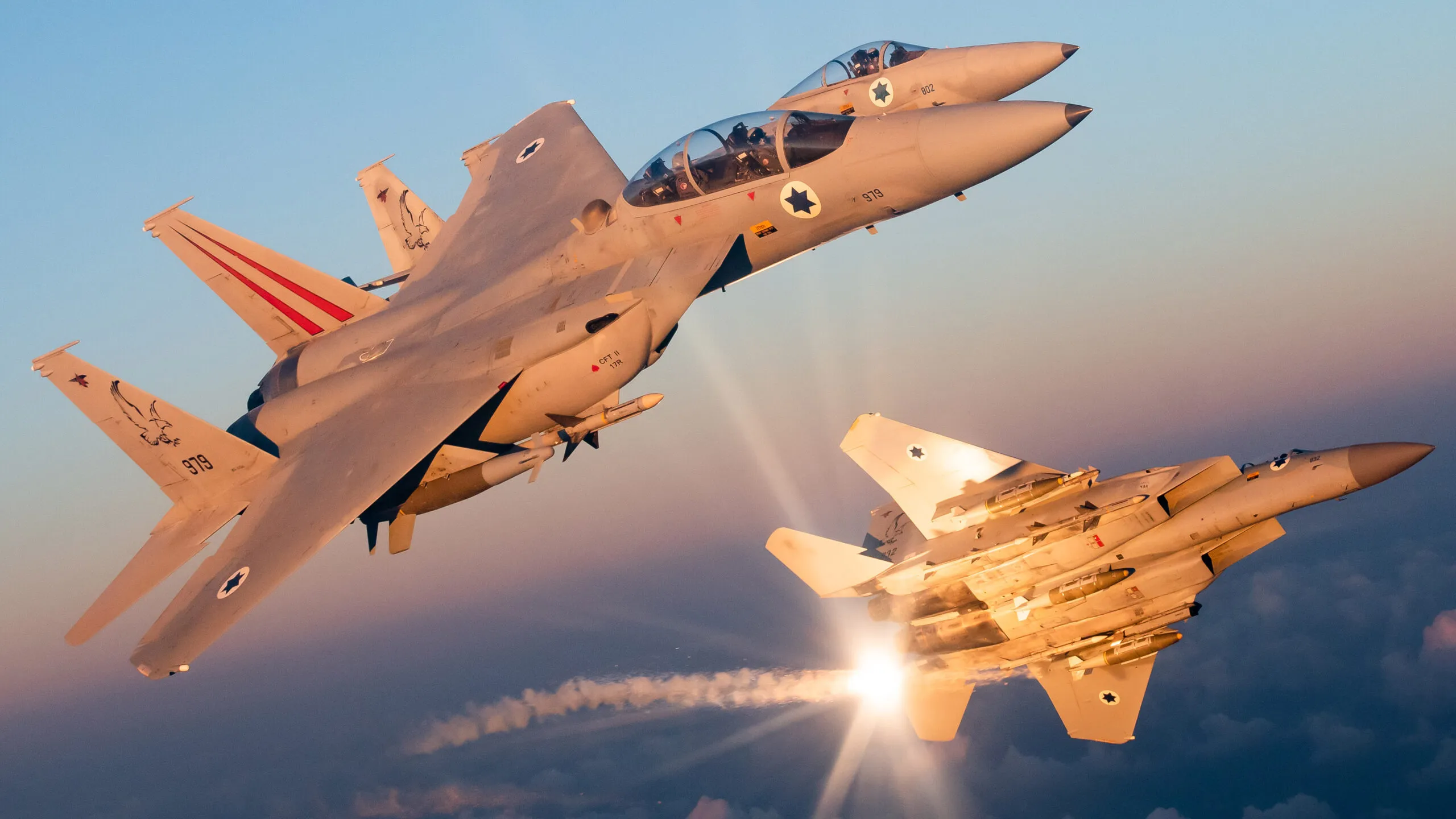



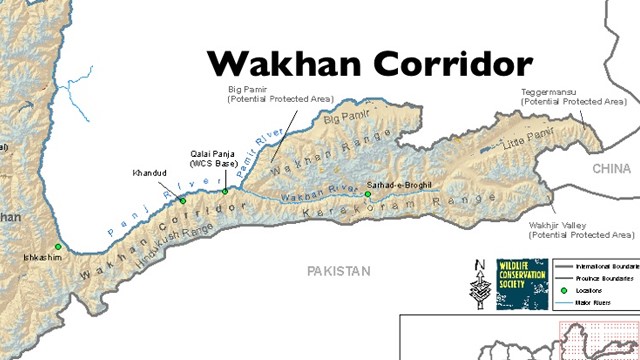


POST COMMENTS (0)